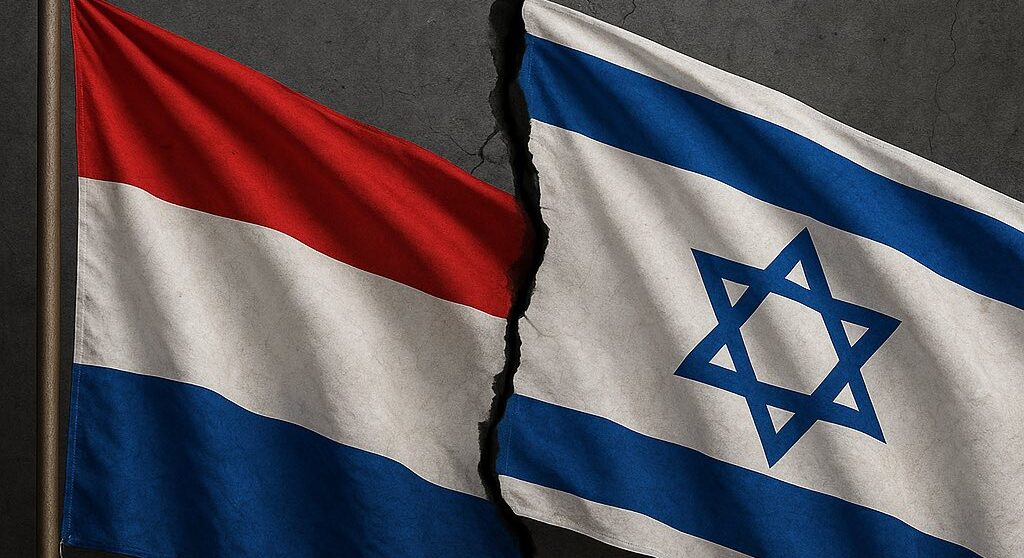The Dutch Supreme Court Orders Government to Review F-35 Arms Export Policy to Israel

The Dutch Supreme Court ruled on Friday that the government must reassess its policies for exporting components of F-35 fighter jets to Israel to ensure they are not used in violations of international law.
The court's ruling came after a lawsuit was filed by three Dutch human rights organizations at the end of 2023, claiming that sending these parts makes the Netherlands "complicit in war crimes" being committed in Gaza, which Israel strongly denies.
The Supreme Court did not impose a permanent ban but granted the government a six-week period to conduct its independent assessment, while the export remains frozen during this time.
The court also rejected the appeal made by the Dutch government, which had argued that "foreign policy is the prerogative of the government, not the courts".
This ruling comes as a culmination of a long legal process. In February 2024, the Court of Appeal ordered a halt to shipments of spare parts, citing a "clear likelihood of violating international law," after the primary court in The Hague initially refused to impose the ban.
The legal advisor to the Supreme Court had previously issued an advisory opinion in November, calling for the rejection of the government's appeal.
The Netherlands occupies a sensitive position in this issue, as it hosts one of the three regional depots for U.S. F-35 spare parts. Government lawyers argued that "imposing a ban on shipments from the Netherlands would effectively be meaningless as the United States would send the parts anyway".
This ruling is part of a broader stance by the Netherlands regarding the conflict. Last August, the Netherlands and Sweden urged the European Union to "suspend the trade agreement with Israel".
In a joint letter, the two countries urged the EU to "impose sanctions against extremist Israeli ministers who support illegal settlement activities in the West Bank," warning of the consequences of the "E1" settlement project, which "represents a flagrant violation of international law and eliminates the prospect of a two-state solution".
They also described the situation in Gaza as "extremely disgusting and unbearable, where words fail to describe it," and called for "tougher sanctions against Hamas leaders and for the movement to relinquish power in the Gaza Strip and disarm".
This development comes in the wake of a growing international consensus to hold Israel accountable, as all members of the UN Security Council _except for the United States_ acknowledged that the famine in Gaza is a "man-made crisis," warning that "using starvation as a weapon of war is prohibited under international humanitarian law".